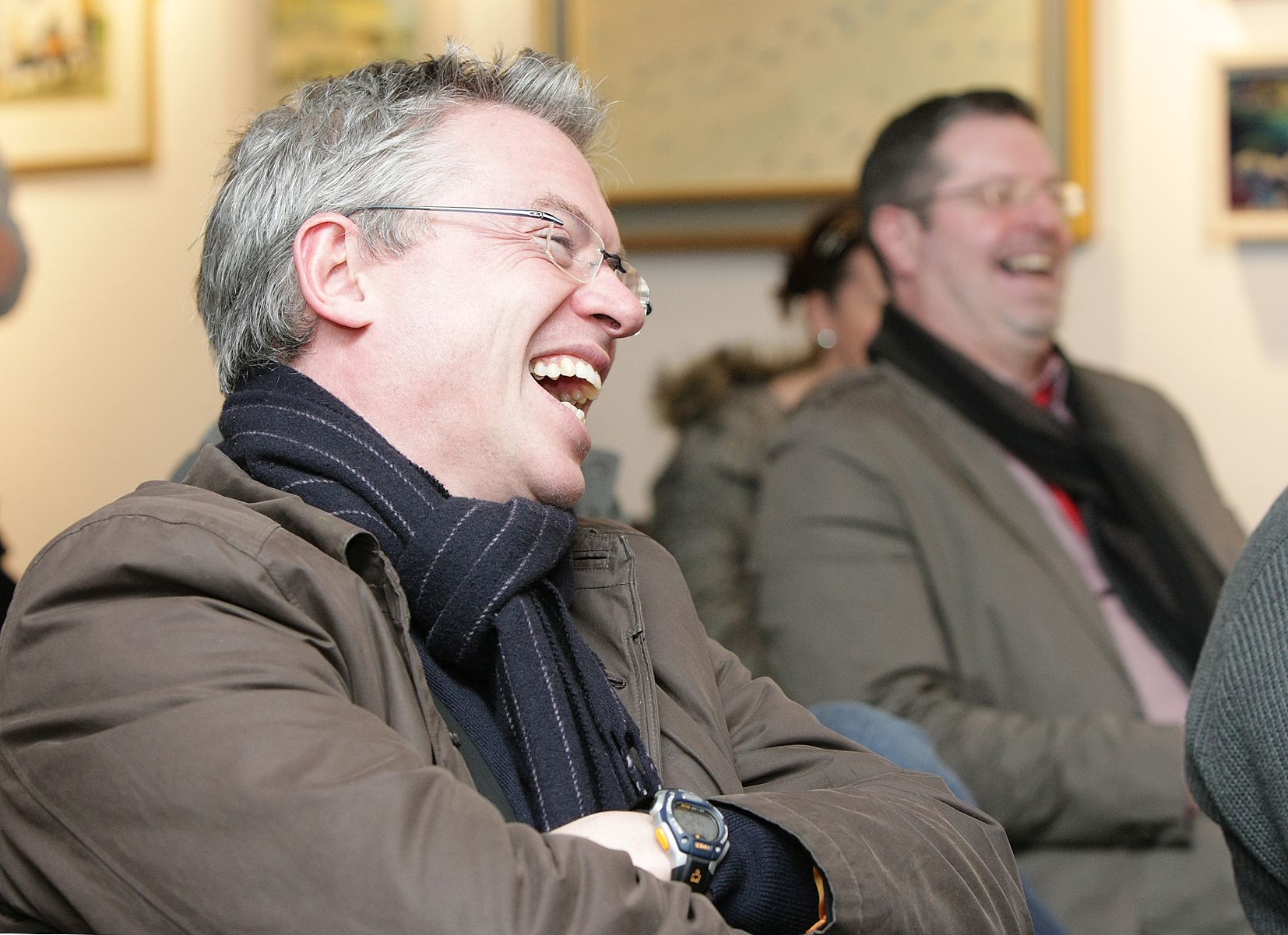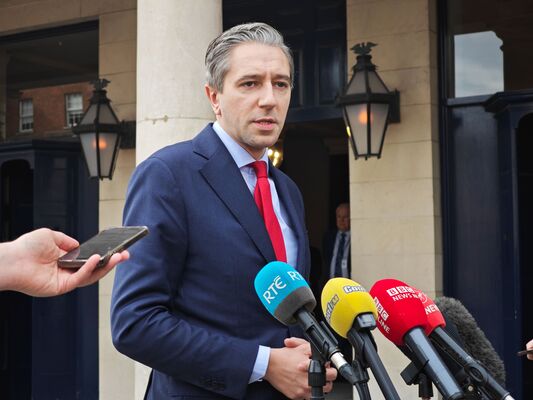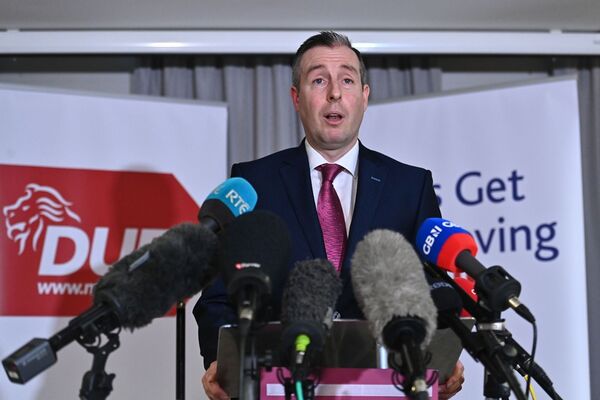WHEN you’re assessing the worth of a political claim, it’s generally smart to factor in the person making the claim.
Say if Ian Paisley announced that a united Ireland was a stupid and impossible goal, you’d be smart to consider the source of the remark.
So when Joe Brolly responded to the John FitzGerald and Edgar Morgenroth research into the cost of a future reunited Ireland, Joe checked who’d produced the study and went a bit overboard: “John FitzGerald,” Joe said, “is Fine Gael royalty. His grandfather a founding member of FG. As Taoiseach, his father Garret supported Margaret Thatcher’s position on the hunger strikes.”
Easy there, Joe - don’t shoot the messenger. But you’re right to highlight the source which produced the research. John FitzGerald may not hold the political views of his father or grandfather, but it’s reasonable to point out that the family weren’t big republican fans.
At the same time, the fact that the research was conducted at all should encourage those who wish for a reunited country. The opposite of being loved is not being hated, it’s being ignored. No matter how much Brolly or anyone else dislikes the FitzGerald/Morgenroth research, it should be welcomed as addressing the central political issue on this island.
As you probably know, FitzGerald and Morgenroth’s research suggested a reunited Ireland could cost as much as €20 billion per year for twenty years. A severe cost indeed. Most of us are not economists, so we have to listen to what respected economists tell us. What FitzGerald and Morgenroth tell us, effectively, is to forget about a united Ireland.
Other economists, as we know, have come up with figures that show national unity as an economic benefit in the long run. Some people – notably Fine Gael and Fianna Fail – will not like this kind of research finding, for the very good reason that a reunited Ireland would be like a hand-grenade rolled into the middle of established southern politics. Both Fine Gael and Fianna Fáil would stand to lose their century-old dominance. When you’ve held the whip hand that long, it’s not good news to hear you might have to loosen your grip. All power is delightful, as Idi Amin once said, and absolute power is absolutely delightful.
But the growing amount of research is already helping people to think about a reunited Ireland. In some cases the figures will encourage people to reject a New Ireland, in others the figures will encourage people to work ever harder for a New Ireland. But with a problem which affects all of us, whether we acknowledge it or not, it’s essential that we find a way of organising and evaluating all aspects of the matter.
That’s why the pamphlet ‘Ireland 2030’, produced by the group Ireland’s Future, is particularly welcome. It isn’t a study into the future state of economics on our island. Instead it lays out the targets we should aspire to, culminating in a border poll in the year 2030.
The key sentence in the document occurs in the financial summary: "The concurrent referendums must be preceded by extensive and inclusive preparation." And while they didn’t quote Roy Keane, I will: “Fail to prepare and you prepare to fail."
The pamphlet goes on to call for “The creation of a standing All-Island Civic Forum/Assembly/Dialogue as a mechanism to assist in the promotion of inclusive deliberation before, during and after [the border poll]."
You may say it’s within the gift of the British Secretary of State, not Ireland’s Future, as to when and if a border poll is held. True. But if the case for a reunited Ireland is made coherently and in a detailed fashion, the pressure on the dimmest British Secretary of State will be such that s/he’ll have little choice but to name the day.








